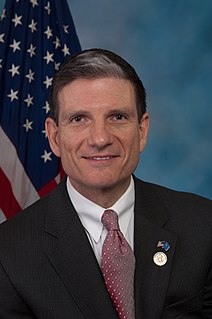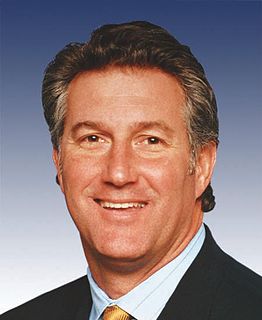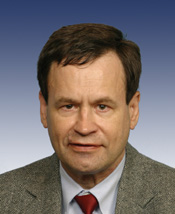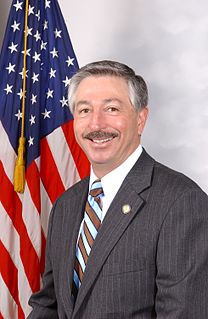A Quote by Bobby Jindal
We should increase our development of alternative fuels, taking advantage of renewable resources, like using corn and sugar to produce ethanol or soybeans to produce biodiesel.
Related Quotes
We have to prepare for what life could become in 40 years. We need to outline what is possible and what is impossible with the non-renewable resources of the Earth. What role will technological improvement play? Taking all this into account, what kind of life can we produce in the best way for 10 billion people? That's a problem that needs to be solved.
It's very important that we expand our use of clean energy and make a long-term commitment to it. Biodiesel and ethanol are better for the environment and for the air we breathe. The use of biodiesel is a positive step toward minimizing pollutive emissions and greenhouse gases. By focusing on school buses, we can affect the health and wellbeing of the people most susceptible to that pollution - our children - today.
































